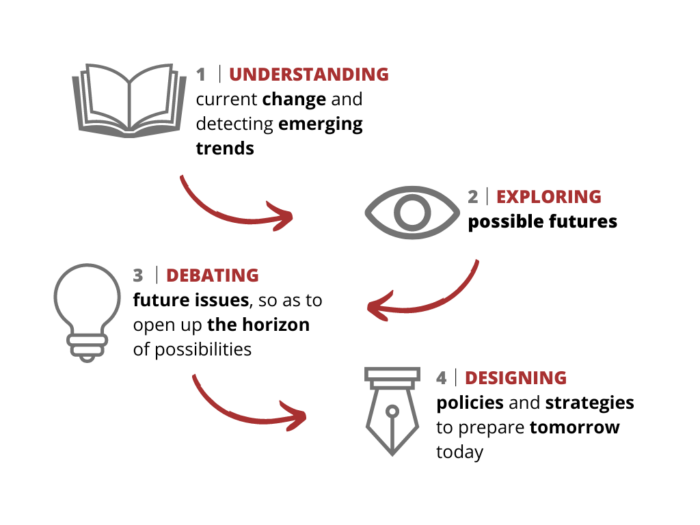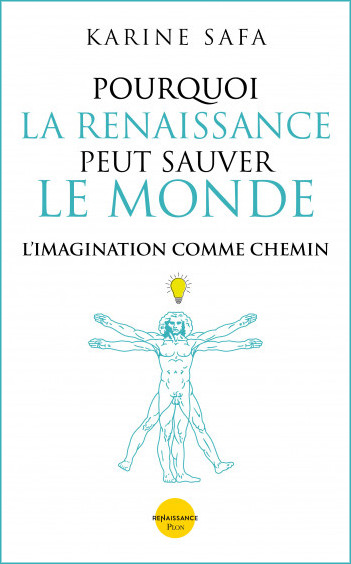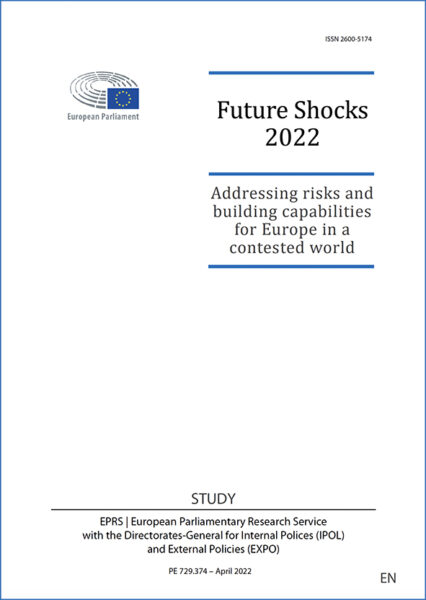Gabriel Fragnière shares his view of the cultural transformations currently under way in Europe: he argues that Europeans are about to arrive at true multiculturalism, synonymous with the emergence of ‘a new kind of humanism that makes diversity the basis of what brings them together’.
Before coming to this conclusion, he offers his own definition of culture: ‘the sum total of values, beliefs, attitudes […] that are specific to a society […] helping to generate a feeling of identity and belonging’. He shows how our societies have moved towards a plurality of cultures, which he defines as a trend away from centralization and an imposed monoculture, affirming instead a large number of individual cultures. By introducing a greater degree of decentralization, and therefore of democracy, and encouraging respect for others, pluriculturalism is therefore an indispensable step towards multiculturalism.
Yet multiculturalism does not simply mean juxtaposing different cultures. Rather, it is ‘a social experience and a new way of organizing society, […] a balance of differences that avoids both social disintegration and fusion that denies the very existence of differences’. It strengthens the unity of society as a whole by making a clear distinction between social organization and cultural identification.
Gabriel Fragnière illustrates his argument with examples drawn from the cultural functions of language (understood as ‘cultural language’): communication, expression, socialization and identification. It is the way in which these elements interrelate that reveals the cultural state of an entity. Multiculturalism exists when the relationships are not one-way and when the unity of the whole of society is not challenged by the observed diversity. In this sense, he argues, Europe has indeed moved into an era of multiculturalism.
The treaty of Maastricht confirmed this by establishing a ‘European citizenship’ that shatters the traditional strict separation of identity, nationality and citizenship. We must therefore expect an increasing backlash of claims by minorities and others demanding that their identity be recognized within their national context while at the same time appealing to a citizenship wider than that context, as well as rights over which nation-states no longer have control.
Multiculturalisme et respect mutuel. Un défi européen
Cet article fait partie de la revue Futuribles n° 278, sept. 2002



